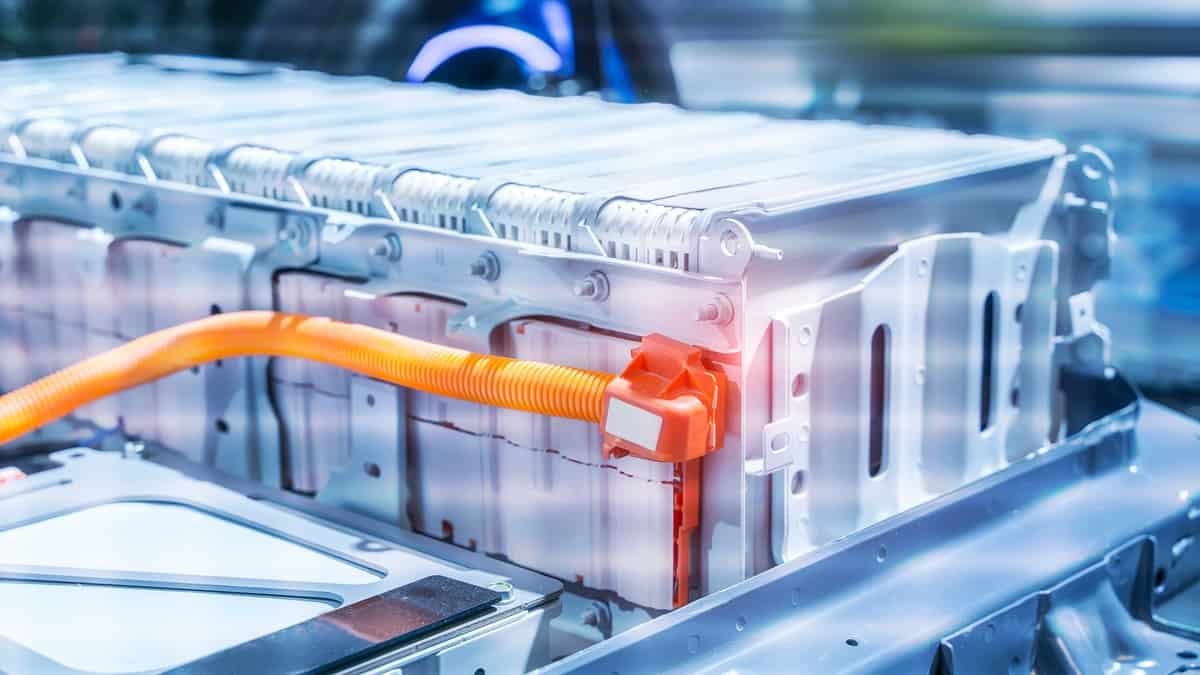South Korea’s Chung-Ang University researchers claim to have achieved a major breakthrough in li-ion battery charging speed and safety in a new study published in the Energy Storage Materials journal.
Study highlights
Electric vehicles’ li-ion batteries are prone to safety issues due to polarization primarily caused by fast charging, which is a crucial feature to accelerate the adoption of e-mobility.
In response, Chung-Ang University researchers initiated a study titled “Boosting interfacial kinetics in extremely fast rechargeable Li-ion batteries with linear carbonate-based, LiPF6-concentrated electrolyte” to enable fast charging without compromising energy density and ensure safety by avoiding cell swelling due to lithium plating.
“This study explores the impact of Li+ desolvation and solid-electrolyte interphase (SEI) chemistry on cell polarizations by utilizing linear carbonate (LC)-based, LiPF6-concentrated electrolytes (LPCEs). In the LC family, dimethyl carbonate (DMC) is thermodynamically preferred to facilitate desolvation kinetics, thereby lowering the charge-transfer barrier at the graphite anode.
For effective graphite passivation and faster Li+ diffusion crossing the SEI, fluoroethylene carbonate (FEC) can help build up a thin and fluorinated SEI and reinforce the XFC cycling stability of graphite||NMC622 full cells (3.0 mAh cm−2; N/P ratio = 1.1), exhibiting 94.3% capacity retention over 500 cycles under a 10-min charging condition.”
Chung-Ang University researchers indicated in the study abstract
Findings
The Chung-Ang University researchers found that these electrolyte modifications are capable of substantially boosting li-ion batteries’ fast-charging capabilities without compromising stability.
Notably, they conducted a laboratory test on a 1.2-Ah pouch cell, which revealed that the li-ion battery could preserve three times more capacity over 200 cycles. In addition, it effectively stopped the cell swelling usually caused by lithium plating.
“The excellent XFC performance is practically validated using a 1.2-Ah pouch cell, demonstrating three times higher capacity retention over 200 cycles while suppressing Li plating-triggered cell swelling compared to conventional electrolytes.”
Chung-Ang University researchers indicated in the study abstract
Lead researcher Janghyuk Moon contends that this li-ion battery breakthrough could pave the way for more practical electric vehicles as it accelerates charging speed and extends battery range. Such innovations in li-ion batteries will undoubtedly boost the shift to EVs, aiding the global efforts to cut emissions in the transportation sector.

